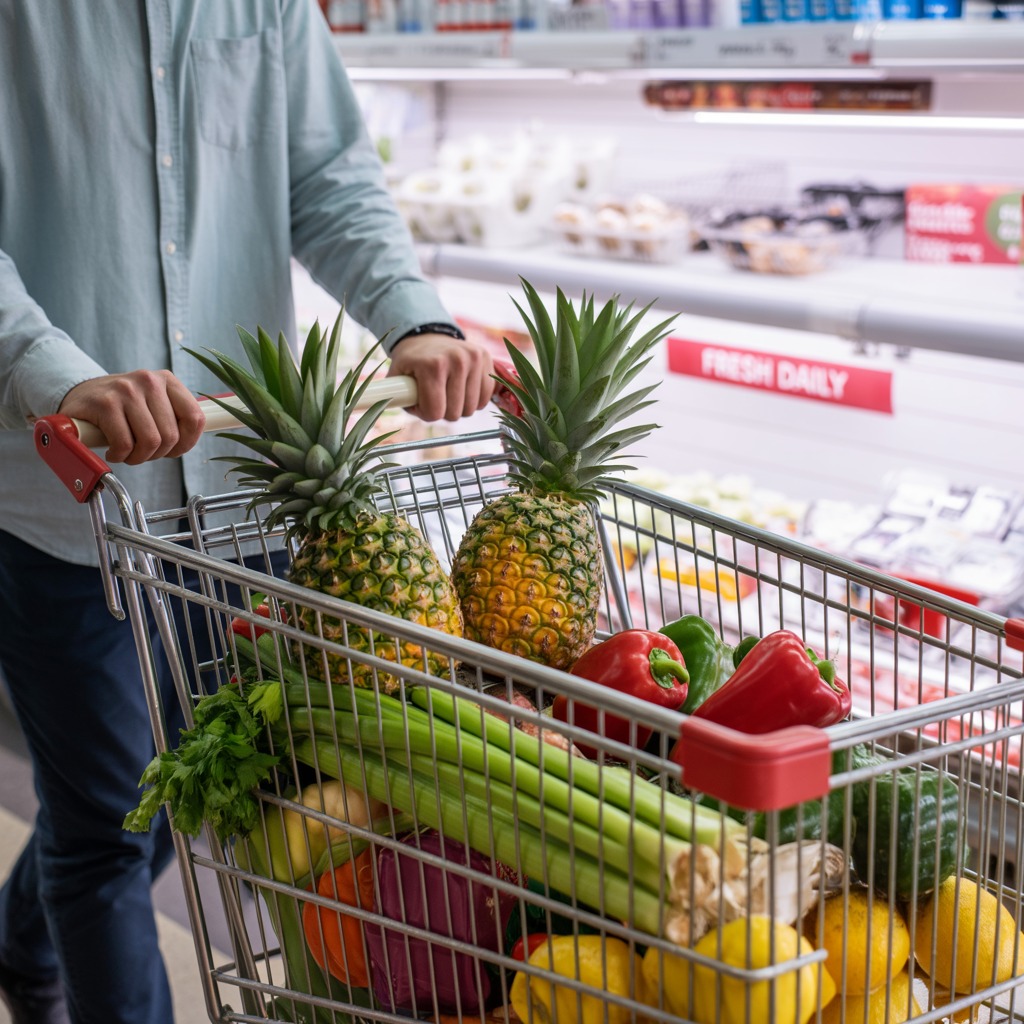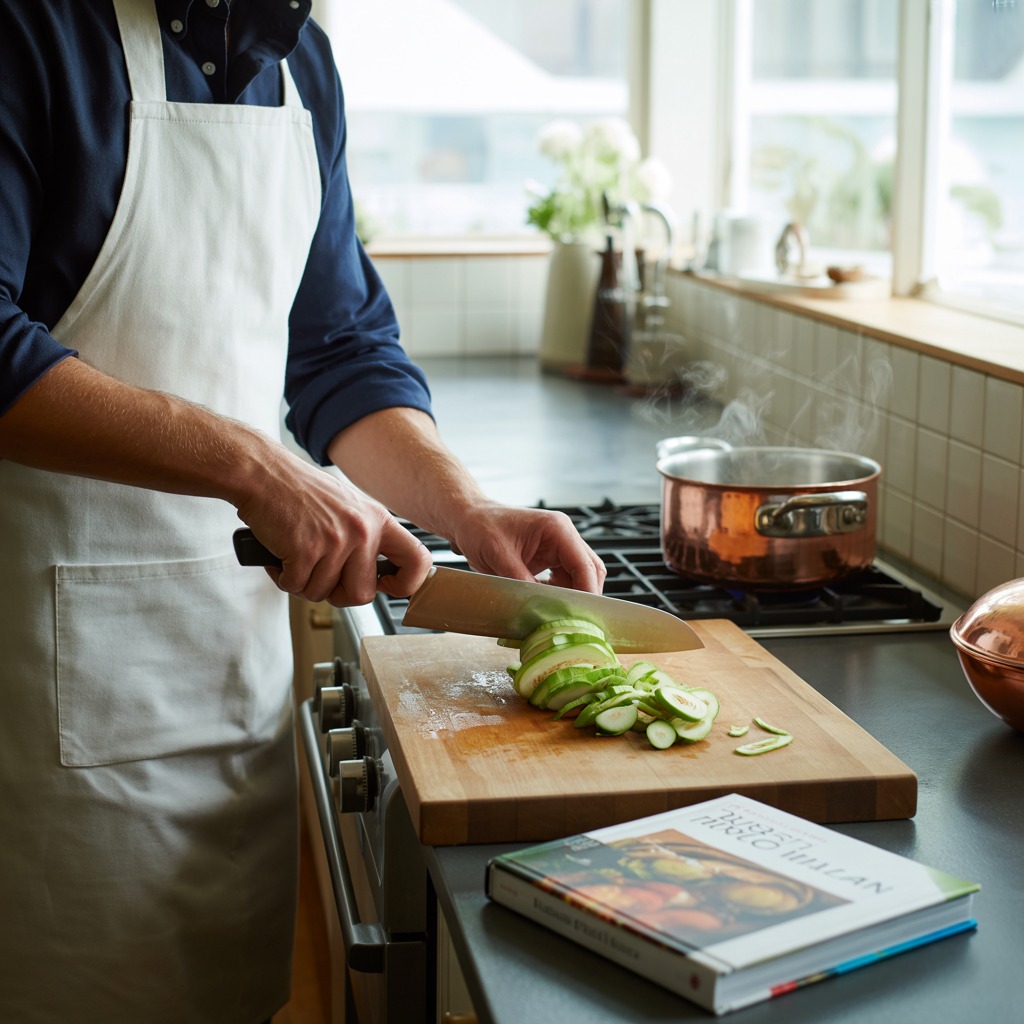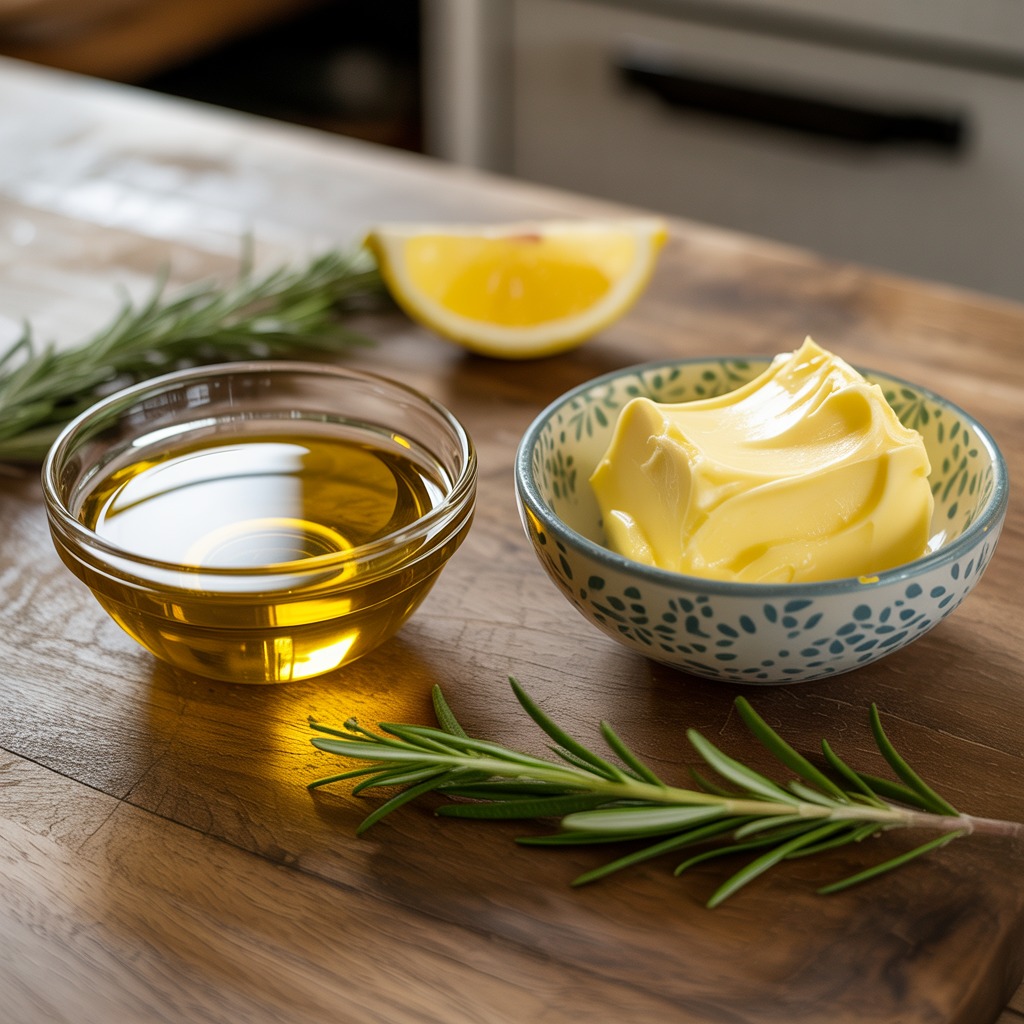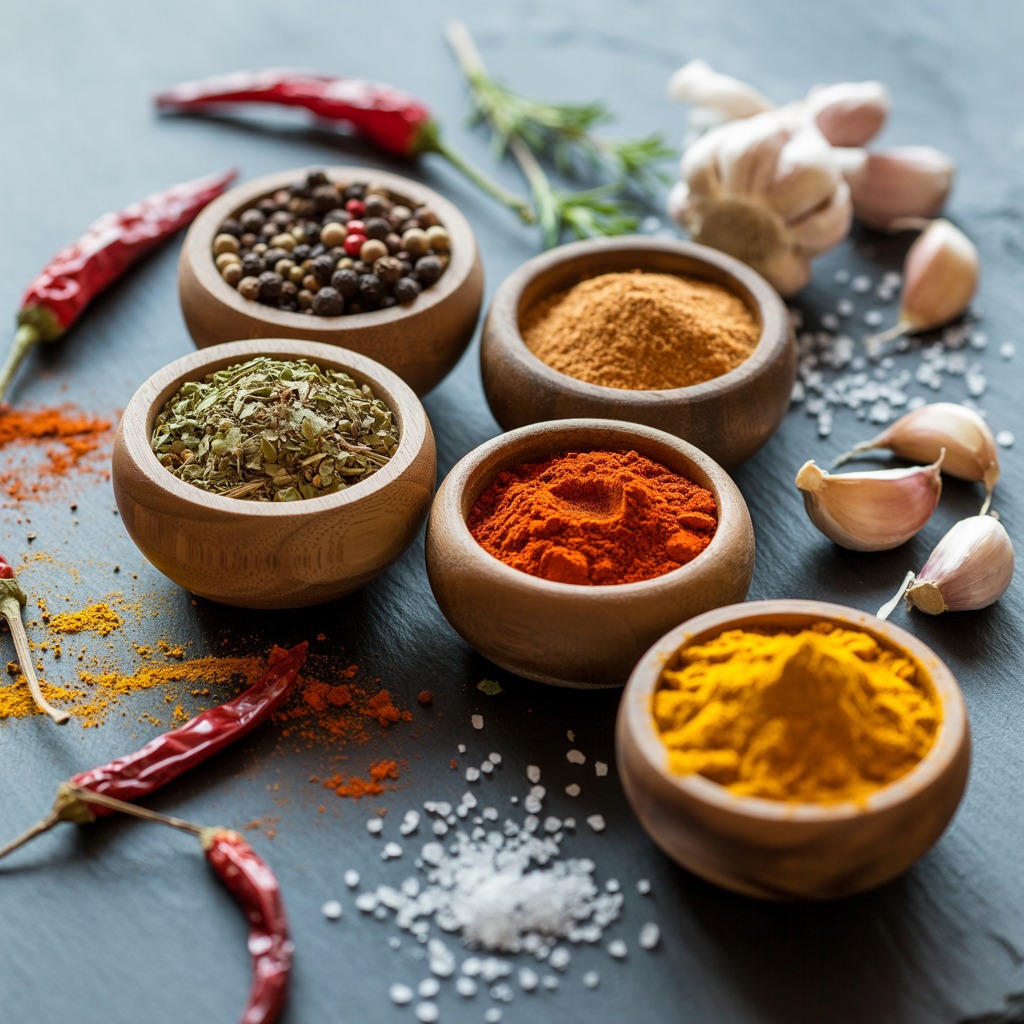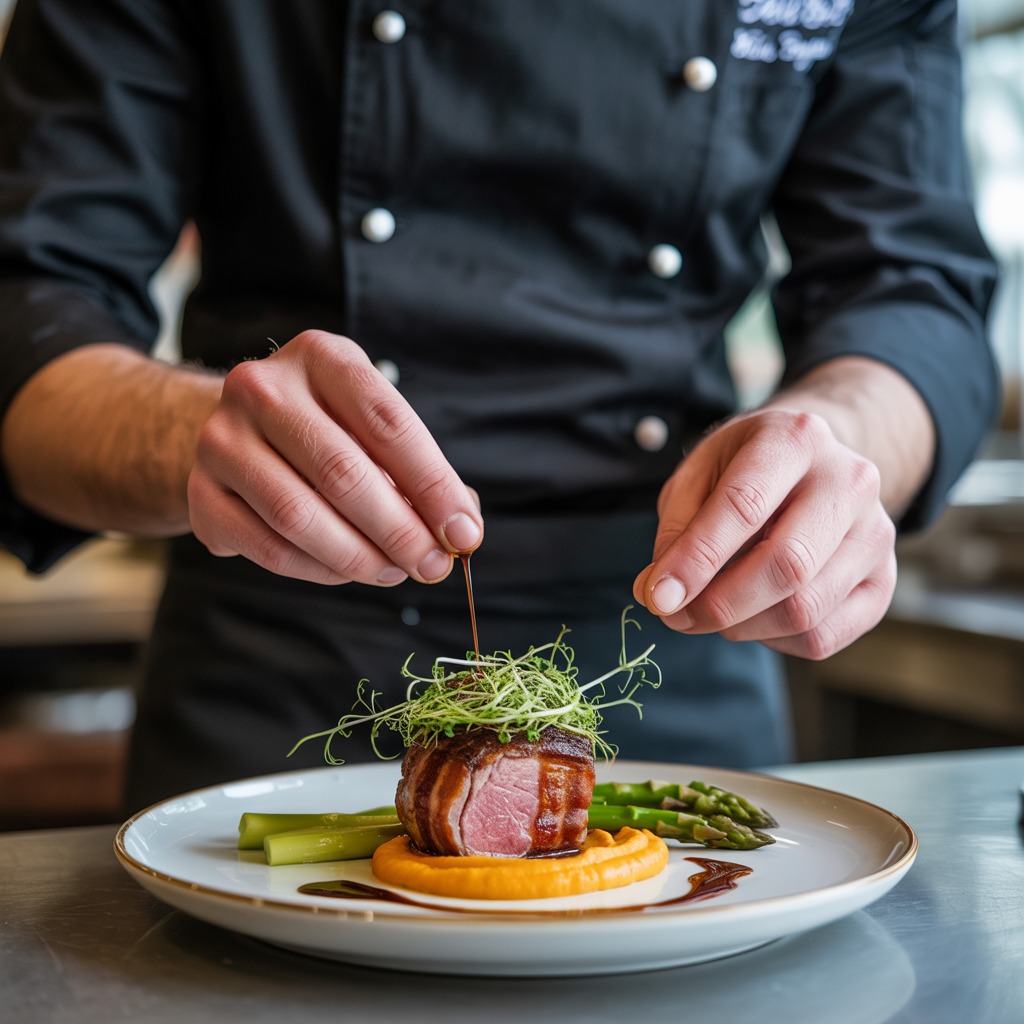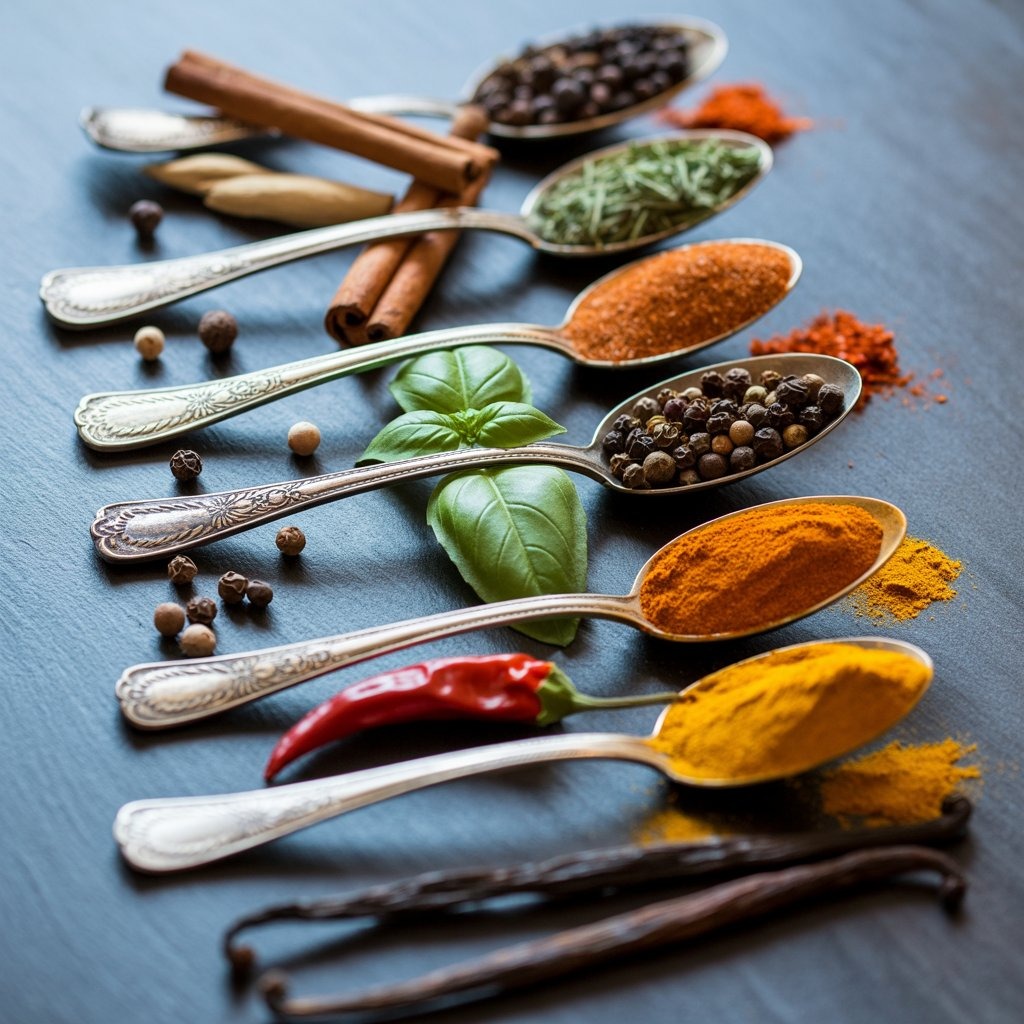What Learning to Cook Taught Me About Life
I didn’t grow up cooking. There were no family recipes passed down, no grandparents teaching me the right way to knead dough. Most of what I knew about food came from eating it—not making it. For a long time, I believed cooking was something you were either born good at or not. I didn’t think I had that thing.
But life has a way of nudging us into the kitchen. When my first child was born, I found myself standing in front of the stove out of necessity. Takeout wasn’t cutting it, and frozen meals weren’t enough. I needed to cook. Not gourmet, not fancy—just real food. So I started, one small step at a time. And slowly, I discovered something surprising: learning to cook wasn’t just about food. It was about me.
At first, I was just trying not to burn the toast. But the more I cooked, the more I noticed something happening—not just to the meals, but to myself. I started changing in small, quiet ways. Cooking became a mirror. Every lesson it gave me about food had something bigger to say about life.
Cooking Taught Me Patience
I used to be someone who rushed everything. I’d try to speed through recipes, skip steps, crank the heat to make things go faster. And food doesn’t work that way. It punished my impatience with burnt onions, dry chicken, undercooked rice. I had to slow down.
Cooking made me present. Waiting for onions to soften taught me how to wait without checking my phone. Letting dough rest taught me to pause instead of push. I learned to trust the process, to give things the time they need—even when I was tempted to rush.
Outside the kitchen, I noticed that same shift. I stopped snapping when things didn’t go my way. I became a little more patient with my kids, my work, even myself. Cooking reminded me that good things—deep flavors, real understanding—take time.
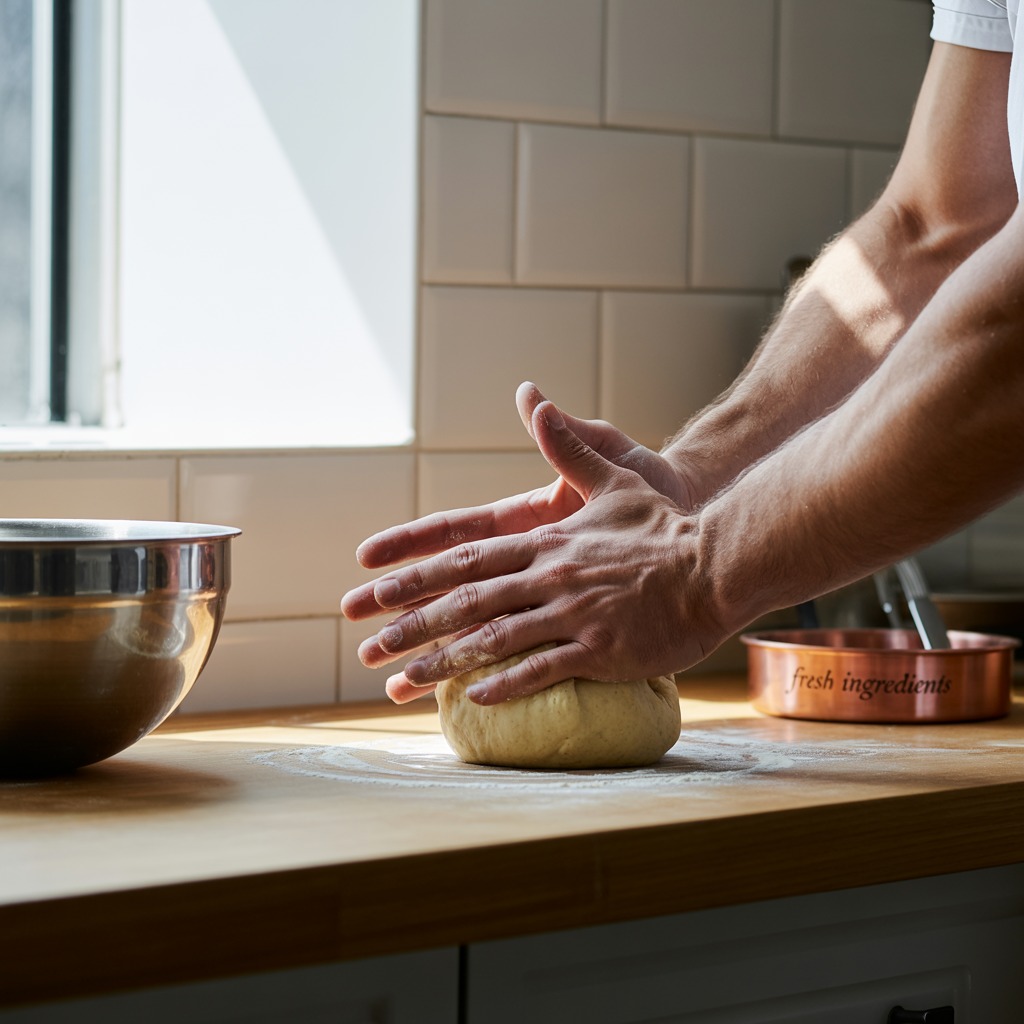
Mistakes Are the Middle, Not the End
I can’t count how many meals I’ve messed up. I’ve oversalted soups, burned garlic, added cinnamon instead of cayenne. In the beginning, every mistake felt like a failure. I’d beat myself up, ready to throw it all out.
But cooking taught me something different. Most mistakes aren’t the end—they’re just part of the process. Oversalted soup? Add a potato. Burned garlic? Toss it and try again. Mushy pasta? Turn it into a casserole. There’s almost always a way forward.
That mindset started showing up outside the kitchen too. I stopped being afraid of messing up. In parenting, in work, in relationships—I started to see mistakes as moments to learn, not reasons to quit. Cooking taught me that resilience isn’t about avoiding failure. It’s about moving through it.
Repetition Builds Confidence
There was a time I’d hover over the pan, terrified of undercooking chicken or adding too much spice. Now, I cook with intuition. I still mess up sometimes—but I trust myself more.
That didn’t happen overnight. It happened through repetition. Cooking the same thing over and over, making it slightly better each time. Confidence came not from talent, but from trying. From paying attention. From failing forward.
I started to see that same truth in other parts of life. Confidence isn’t a gift. It’s a side effect of repetition. Of showing up. Every meal I made made me a little braver—not just in the kitchen, but in the world.
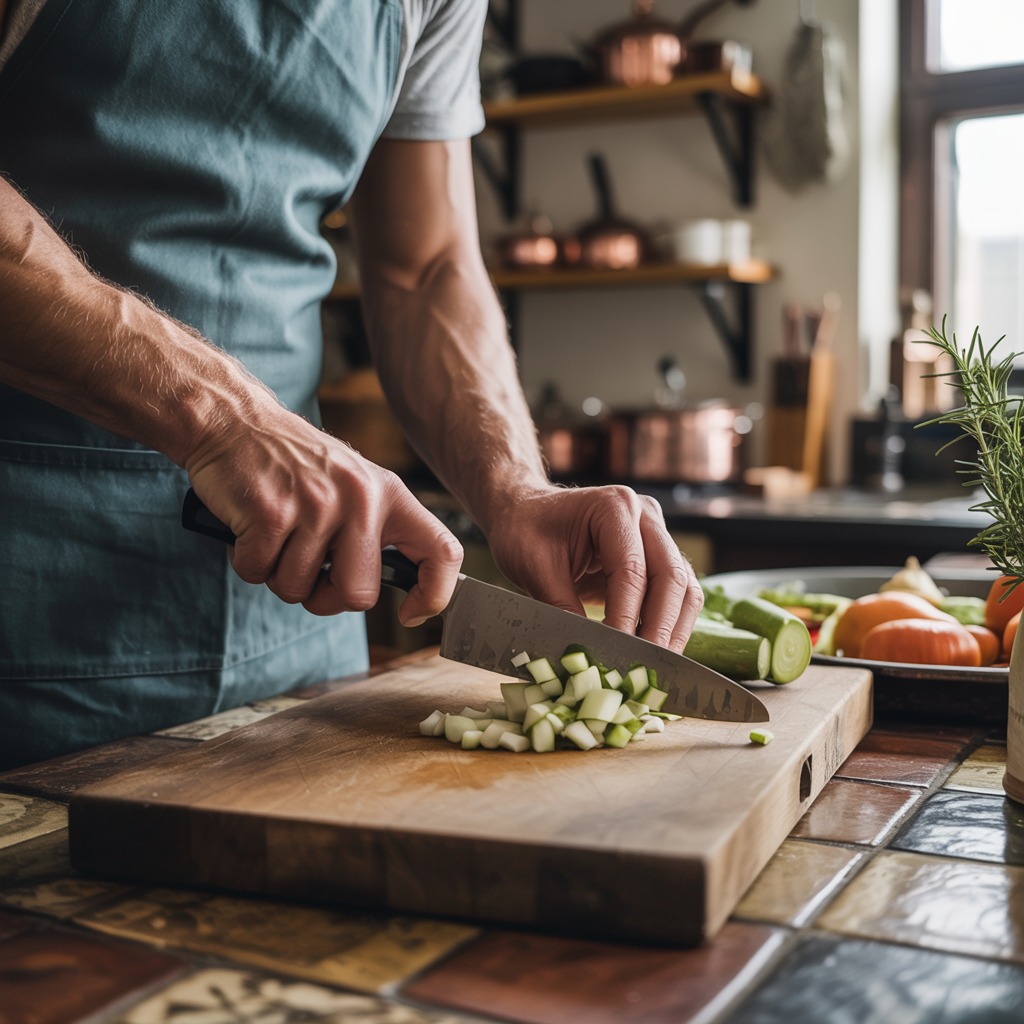
Feeding Others Is a Way to Connect
The first time I cooked a full meal for my family and everyone actually liked it, I felt something shift. It wasn’t just pride. It was something deeper. A sense of connection.
Cooking became more than feeding. It became care. Attention. A way to say, “I see you. I made this for you.” It gave me a new language for love.
And it worked both ways. Cooking gave me a space to be fully present. Stirring a pot while my kid sat at the counter telling me about their day. Eating together without screens, just conversation and forks clinking on plates.
Cooking reminded me that nourishment isn’t just physical. It’s emotional, relational. It’s how we show up for each other.
Life Is Messy, and That’s Okay
Cooking is messy. Things spill. Burn. Overboil. Dishes pile up. You get flour on your shirt, oil on your counter, sauce on your socks. And still—you keep going. You clean up. You try again. You laugh at the mess. You eat the meal. And isn’t that life?
It’s not about doing it perfectly. It’s about showing up, stirring the pot, and staying present even when the outcome isn’t guaranteed. Cooking reminded me that things don’t have to be flawless to be meaningful. That the mess is part of the magic.
Conclusion
Learning to cook taught me how to live more fully. It showed me how to be patient, how to handle mistakes, how to build confidence through repetition. It reminded me that connection matters more than perfection, and that feeding others is one of the most human things we can do.
I didn’t expect cooking to teach me anything about life. But now I see that the lessons are everywhere—in the simmering sauce, the trial and error, the shared meals. It’s not about mastering recipes. It’s about showing up, day after day, with an open heart and a wooden spoon.
Cooking taught me to live with more care, more presence, and more grace for the process. And I’m still learning.
